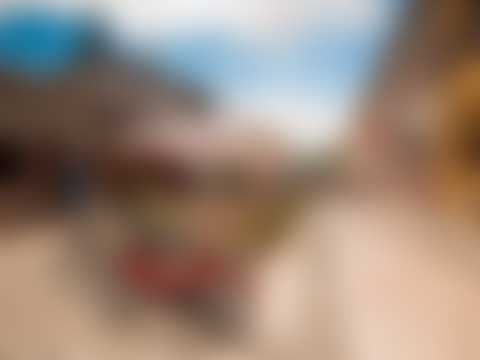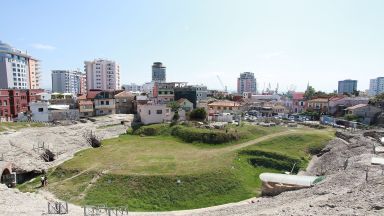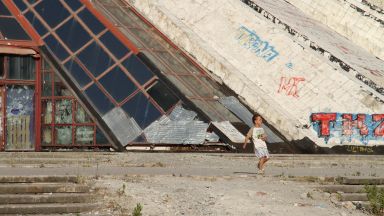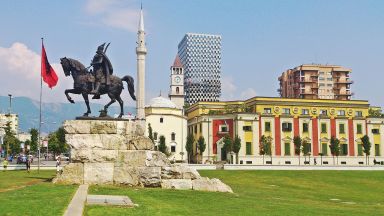Pukë: The Complete Guide
Pukë or Puka is a town in the north / central of Albania’s, located about 60 kilometers east of Shkodër on the main road to Kukës and Kosovo.
The town is one of the highest in Albania and a well-known ski area at 838 metres above sea level.
The surrounding area includes cliffs, deep valleys, dense trees, lush meadows, poised by various steams and rivers with crystal-clear waters, drained by the snow that lies till early spring.
In ancient times, Puka was an Illyrian settlement, of the Cavii tribe, and it was called Epicaria or Durnium. The ancient settlement is four kilometers south. The old road from
Shkodër Kukës follows the line of the ancient Roman trade route Via Publica, which is one explanation of where the town got its name. The trade route became more important in the Ottoman period, when there was a customs post Vau i Spasit at the ford across the Drini on the way to Hasi. There were also fortifications built to protect the road at the ford and at Qafa e Malit. The ruins of a fortress above the village are said to come from Lekë Dukagjini , a contemporary of Skanderbeg , who gave the name to the best known version of Albanian common law . The fortress was inhabited earlier, however, for around 2000 years.
To find out more about the local archaeology it is worth visiting the small museum in the town, which also has fascinating displays of costumes and local instruments.
There’s a micro brewery in the town that makes a draught lager called Puka Beer. The poet Migjeni lived in Puka , to whom a small museum was dedicated.
Visiting Pukë for the first time and wondering what are the top places to see in the city? In this complete guide, I share the best things to do in Pukë on the first visit. Top help you plan your trip, I have also included an interactive map and practical tips for visiting!
This website uses affiliate links which earn a small commission at no additional cost to you.
1 Best places to See in Pukë
This complete guide to Pukë not only tells you about the very best sights and tourist attractions for first-time visitors to the city but also provide insights into a few of our personal favorite things to do.
This is a practical guide to visiting the best places to see in Pukë and is filled with tips and info that should answer all your questions!
Birra Puka

Location: SH5 Pukë AL 4401 Albania | Website | Distance: 0.60km
Visiting Birra Puka


